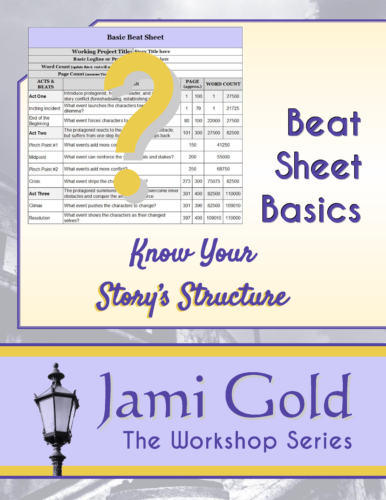Balance can be hard to find within the writing industry, especially as our publishing life is full of contradictions, leading to frustration and burnout.
Check Out These Posts labeled with the Tag “Thursday Thoughts":
Want to refine these results? The Search page offers many filtering options.

